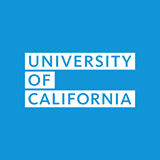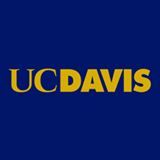1
项与 Placental mesenchymal stem cells(University of California) 相关的临床试验Phase 1/2a Trial of Placental Mesenchymal Stem Cells for Repair of Fetal Myelomeningocele
Spina bifida, or myelomeningocele (MMC), is a birth defect that results in paralysis, excess fluid on the brain (hydrocephalus), and impaired ability to urinate and have bowel movements normally. In a previous study (the MOMS trial), surgery before birth (in-utero/fetal surgery) was shown to reduce the need for shunting for hydrocephalus. There was also some improvement in ambulation, but 58 % of the children still could not walk unassisted.
This study is testing living stem cells from placenta added to the fetal repair in an effort to improve the ability to walk. Previous animal studies have shown dramatic improvement in walking and bowel and bladder function when placental stem cells are added to MMC repair. Use of these "living" cells may protect the developing spinal cord, prevent further injury, and may even reverse existing damage to the nerves that control movement. This study is assessing the safety and efficacy of adding stem cells to open fetal surgery for MMC in humans.
100 项与 Placental mesenchymal stem cells(University of California) 相关的临床结果
100 项与 Placental mesenchymal stem cells(University of California) 相关的转化医学
100 项与 Placental mesenchymal stem cells(University of California) 相关的专利(医药)
100 项与 Placental mesenchymal stem cells(University of California) 相关的药物交易







